A diplomatic confrontation has intensified between Ukraine and Russia following the arrest of a senior Ukrainian marine biologist, Leonid Pshenichnov, in Russian-occupied Crimea on charges of high treason.
The 70-year-old scientist’s alleged crime is centred on his work supporting international restrictions on industrial krill fishing in Antarctica, which Russian authorities claim undermines their economic interests.
Pshenichnov, a respected expert on Antarctic conservation, was detained while preparing to travel to Hobart, Australia, to attend a crucial meeting of the Commission for the Conservation of Antarctic Marine Living Resources (CCAMLR). Russian documentation provided to the scientist’s lawyers accuses him of using his research to encourage a Ukrainian proposal that would restrict krill harvesting, thereby harming the Russian fishing industry.
The arrest has drawn sharp criticism from the global scientific community and international partners. The UK and Australia have called for his release, with Ukraine’s Ambassador to Australia, Vasyl Myroshnychenko, expressing “profound shock” at the “illegal incarceration.” The Ambassador stressed that the charges are “trumped-up” and “groundless,” noting that Pshenichnov is a scientist, not a politician, whose only offense was providing scientific evidence.
The controversy is intrinsically linked to the ongoing international debate within CCAMLR over establishing a Marine Protected Area (MPA) around the Antarctic Peninsula to safeguard the krill population, which forms the base of the Southern Ocean’s food chain. Russia, along with China, has been accused of consistently blocking these conservation measures.
Concerns for the scientist’s welfare have grown, as colleagues cite Pshenichnov’s existing health issues and the potential for a life sentence under Russia’s severe treason laws.


)
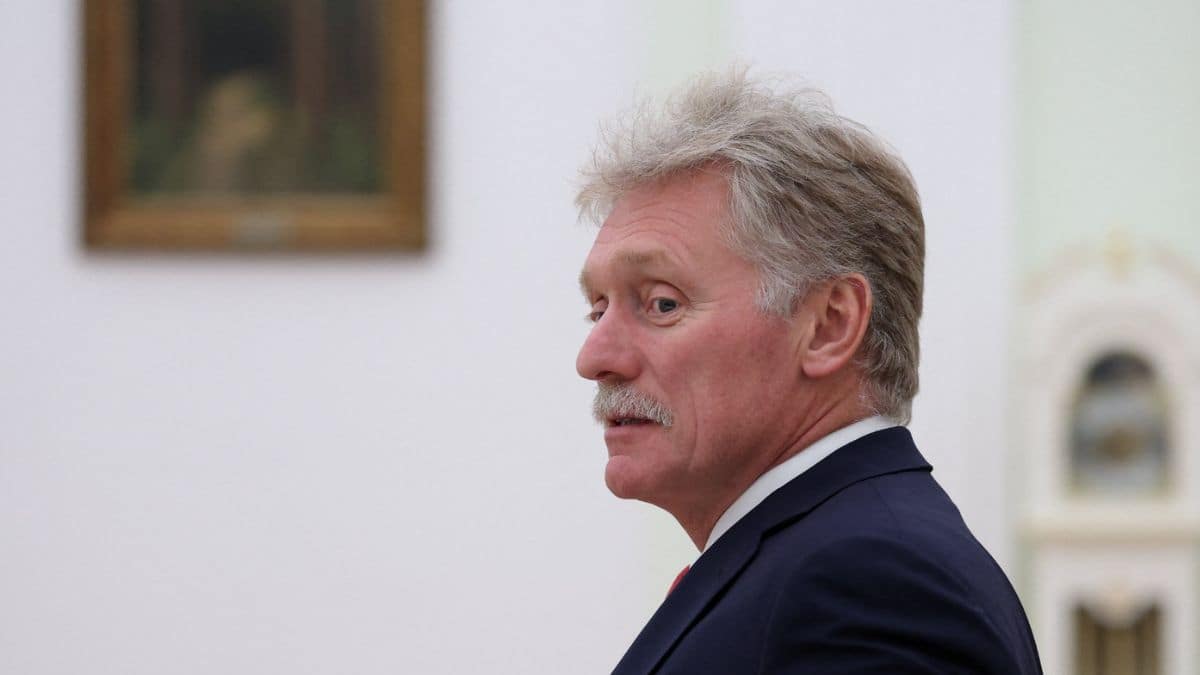
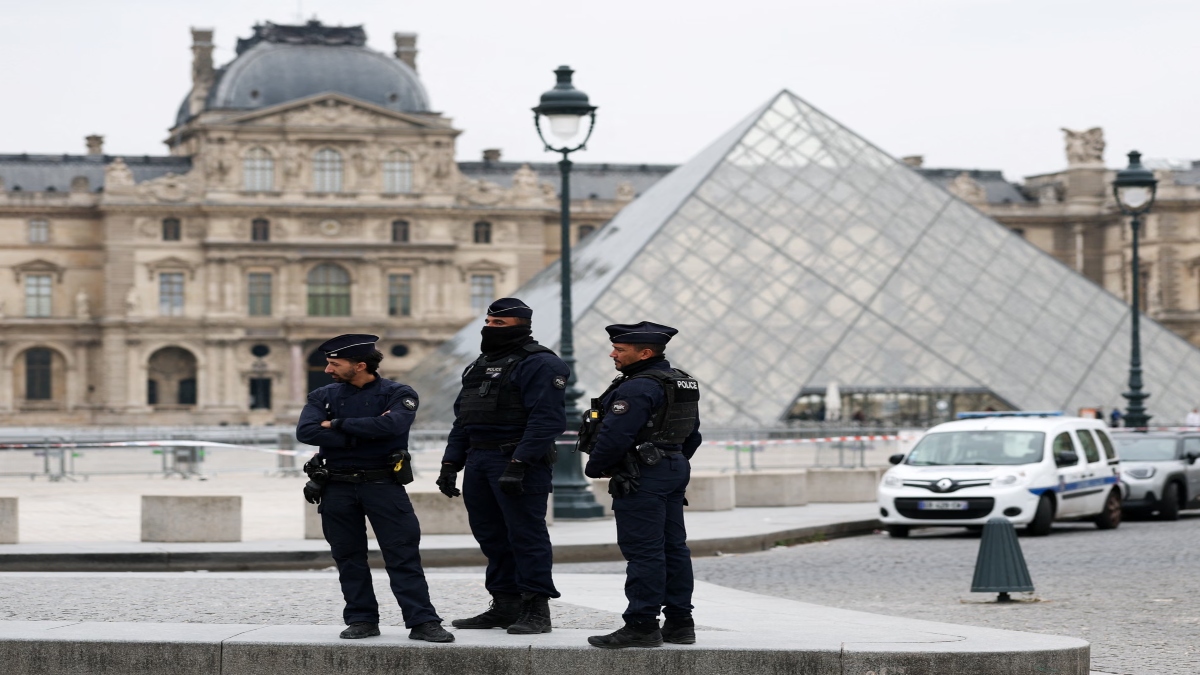)
)
)
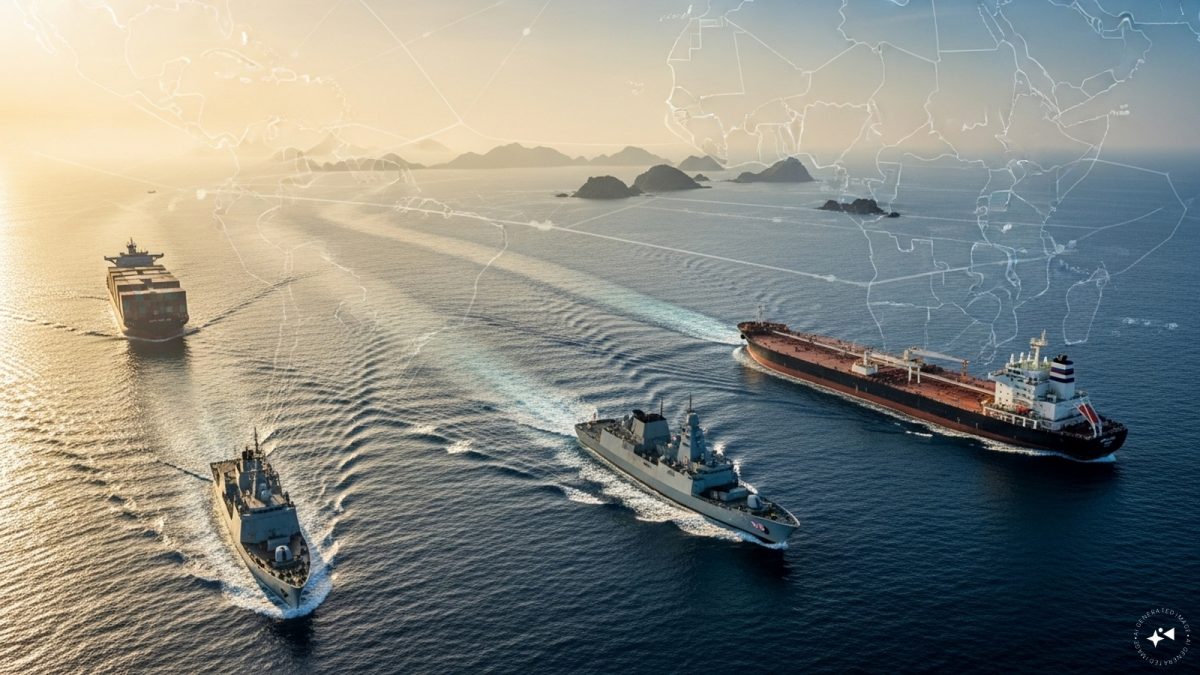)
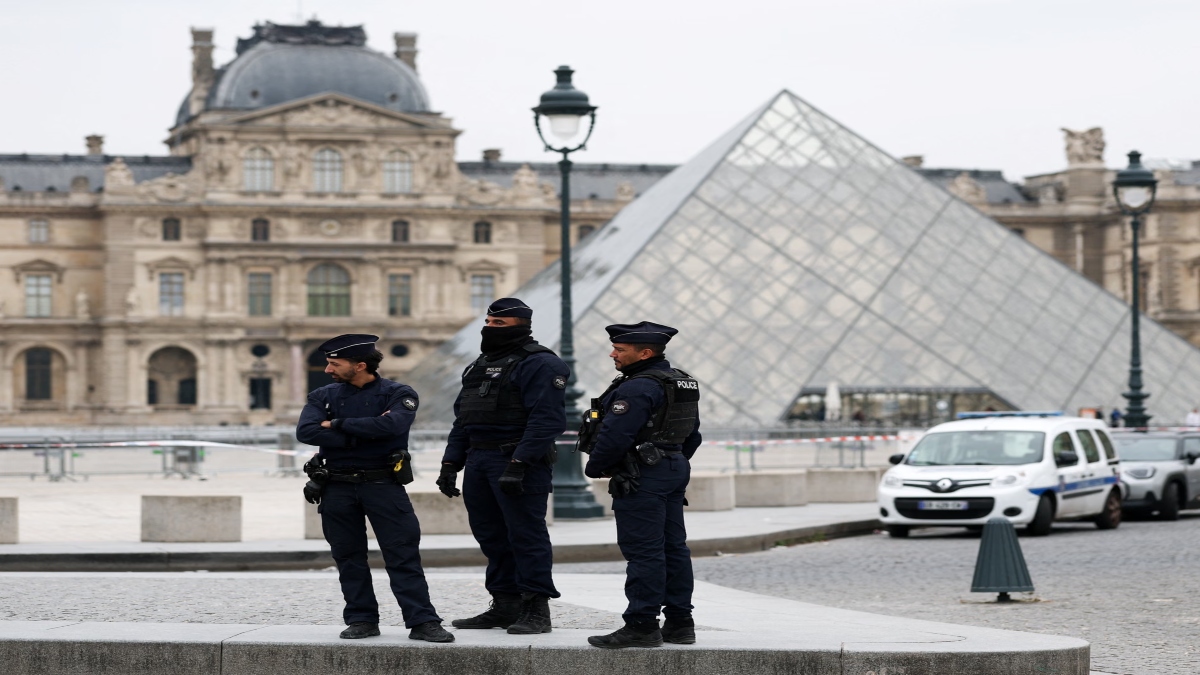)
)
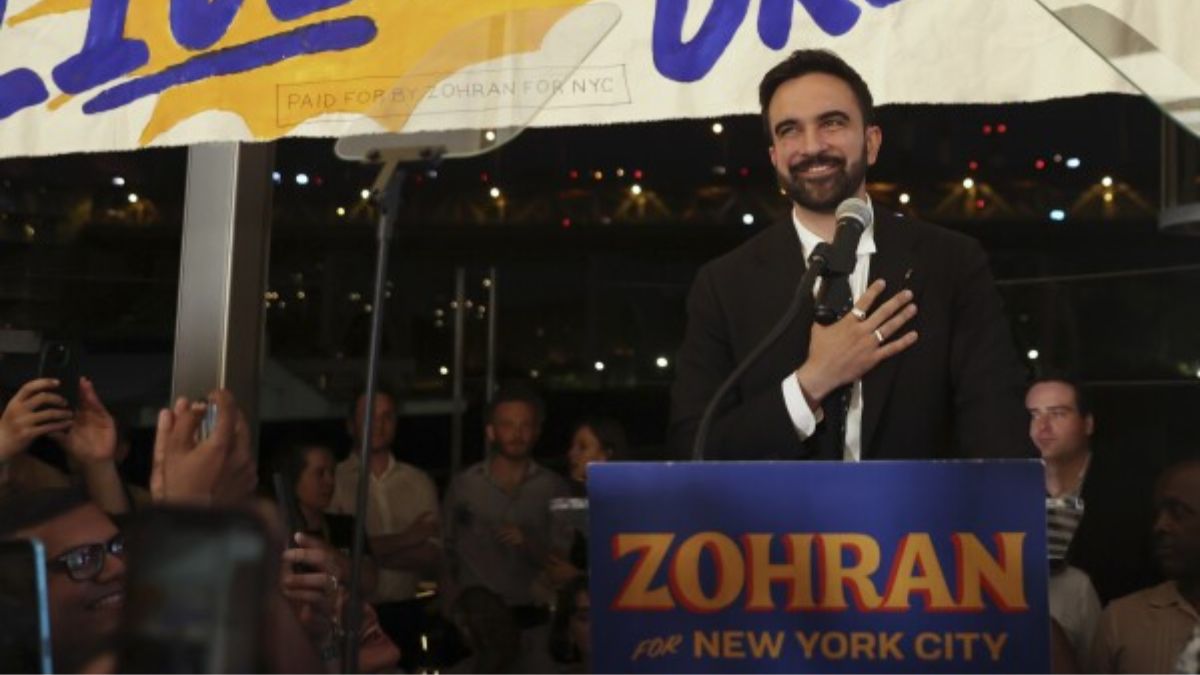)
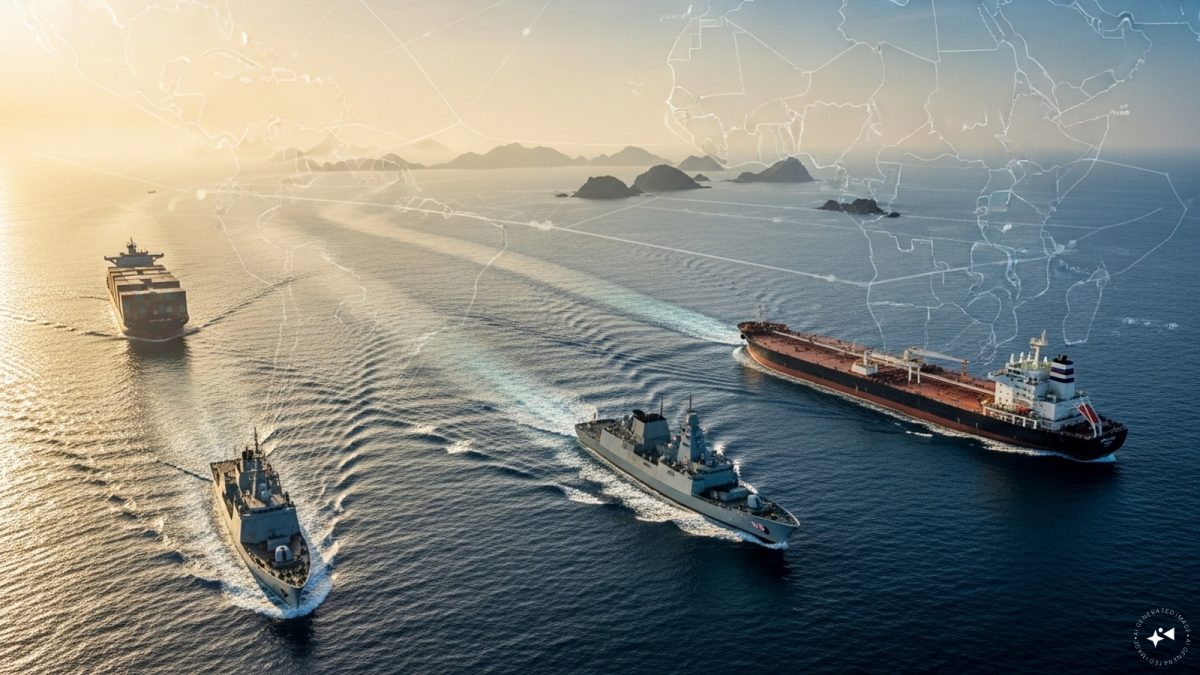)



